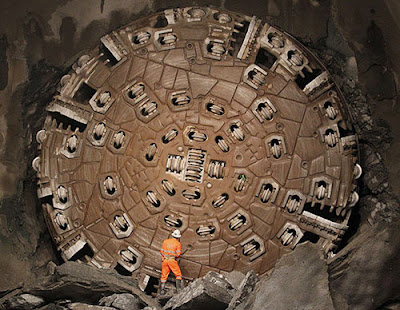Integrating strategy and tactics.

. . . In search for microdrills that could enlighten my thinkprocessess I started to write down the time I needed to make a move during a game (hattip to Uwe). In one game I used 34 minutes for 1 move. Finally I made a positional move that changed the computerevaluation from plus 0.88 to minus 0.87. What happened? In search for a macho-move I continued to search for a forced tactical continuation which wasn't there. In stead I should have simply looked to the CCT's of my opponent and make a move that adressed his threats and that was positional good. In the end I played a move that was positionally good but that didn't adress his threats. This story revealed that I'm used to make such forceful moves that I can neglect the threats of my opponent. But if such forceful move isn't there, I continue to neglect my opponents threats. Or I continue to search for a forced combination untill I'm in time trouble. So my thoughtprocess must be adjusted. If the situation is...




